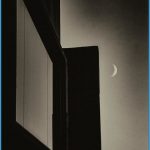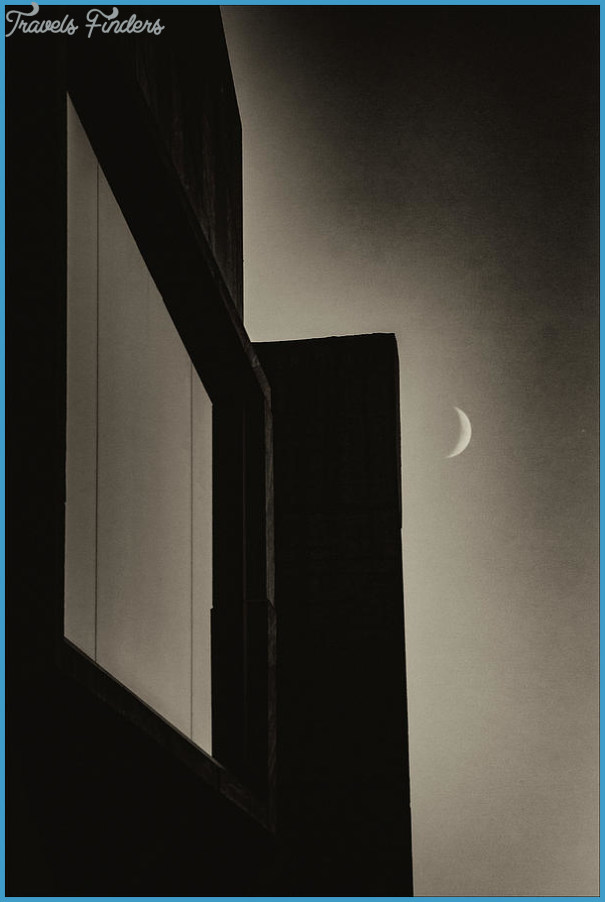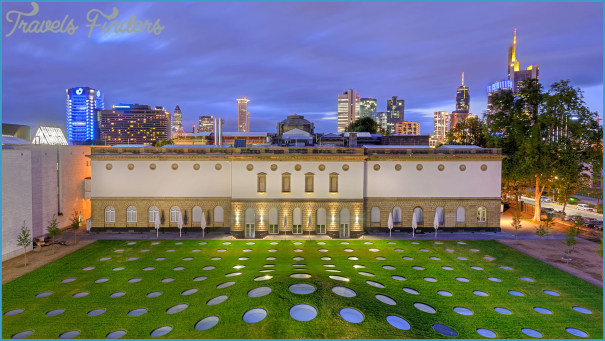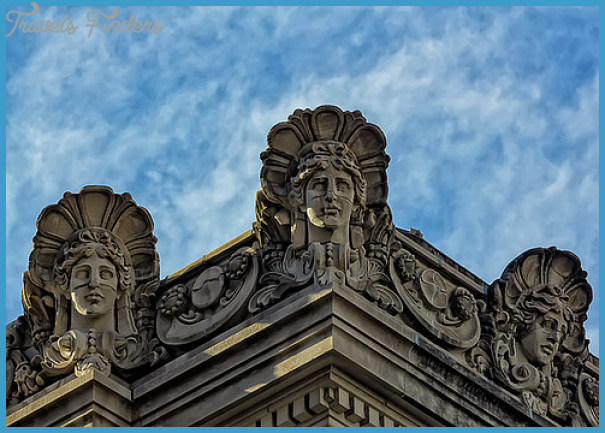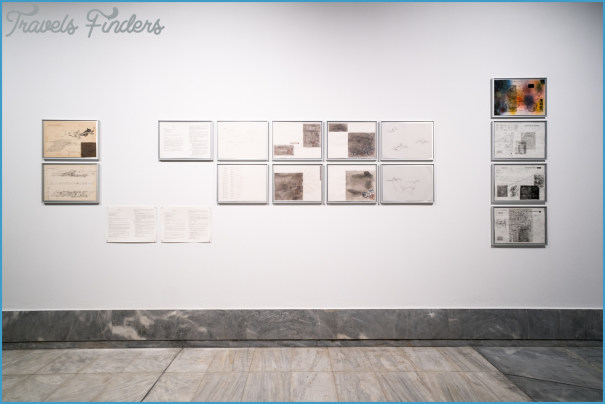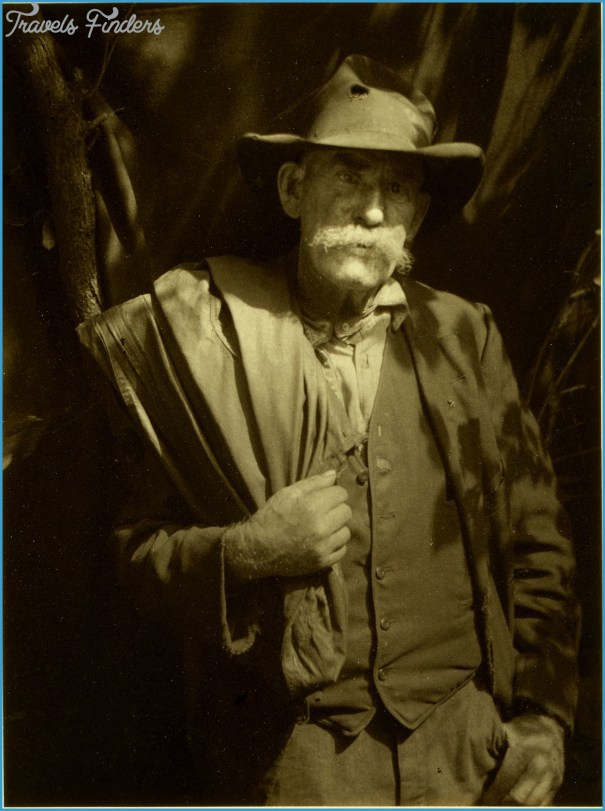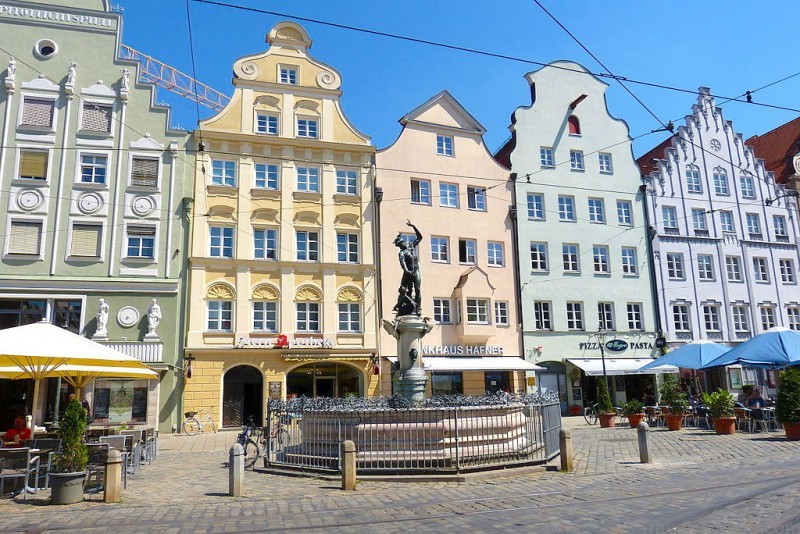ULLMANN MUSEUM
Viktor Ullmann was the senior figure among the Jewish Czech composers imprisoned in the Nazi transit camp at Terezm. He entered the camp in 1942, spent two years there and died in Auschwitz in October 1944. Born in Cesky Tesm in 1898, he went to study law in Vienna, when he decided to enter Schoenberg’s composition classes; he worked as a conductor at the German Theatre in Prague, in Usti nad Labem and in Zurich and had several successes with chamber and orchestral works at international festivals and in Prague (where he taught and was active as writer and broadcaster) and elsewhere.
ULLMANN MUSEUM
Viktor Ullmann was the senior figure among the Jewish Czech composers imprisoned in the Nazi transit camp at Terezm. He entered the camp in 1942, spent two years there and died in Auschwitz in October 1944. Born in Cesky Tesm in 1898, he went to study law in Vienna, when he decided to enter Schoenberg’s composition classes; he worked as a conductor at the German Theatre in Prague, in Usti nad Labem and in Zurich and had several successes with chamber and orchestral works at international festivals and in Prague (where he taught and was active as writer and broadcaster) and elsewhere.
ULLMANN MUSEUM Photo Gallery
In Terezm, Ullmann was involved in the organization of musical activities, with responsibility for rehearsal and practice; he was also active in the management of the Studio fur Neue Musik and wrote criticisms of the performances. He was however more prolific as a composer during this period than he had been in the years preceding; his Terezm output included song cycles, three piano sonatas (some may be reductions of orchestral works), a string quartet, an opera and many choral arrangements of Hebrew and Yiddish songs. The opera, Der Kaiser von Atlantis, in one act, embodies allegorical comment on Nazism; it was written for the forces Ullmann had available, with five singers and 13 instruments. The premiere was scheduled for late autumn 1944 but before it could take place many of those involved were sent to Auschwitz. The score however was preserved and the work was first given in Amsterdam in 1975.
The Ullmann display in the Magdeburg Barracks in Terezm (see KrAsa), the most extensive one there devoted to a composer, includes an ink portrait, photographs, posters, facsimiles of letters written by Ullmann from the camp and a handwritten review, and several facsimiles of his compositions, including the String Quartet, the piano sonatas and several songs.
In Terezm, Ullmann was involved in the organization of musical activities, with responsibility for rehearsal and practice; he was also active in the management of the Studio fur Neue Musik and wrote criticisms of the performances. He was however more prolific as a composer during this period than he had been in the years preceding; his Terezm output included song cycles, three piano sonatas (some may be reductions of orchestral works), a string quartet, an opera and many choral arrangements of Hebrew and Yiddish songs. The opera, Der Kaiser von Atlantis, in one act, embodies allegorical comment on Nazism; it was written for the forces Ullmann had available, with five singers and 13 instruments. The premiere was scheduled for late autumn 1944 but before it could take place many of those involved were sent to Auschwitz. The score however was preserved and the work was first given in Amsterdam in 1975.
The Ullmann display in the Magdeburg Barracks in Terezm (see KrAsa), the most extensive one there devoted to a composer, includes an ink portrait, photographs, posters, facsimiles of letters written by Ullmann from the camp and a handwritten review, and several facsimiles of his compositions, including the String Quartet, the piano sonatas and several songs.

